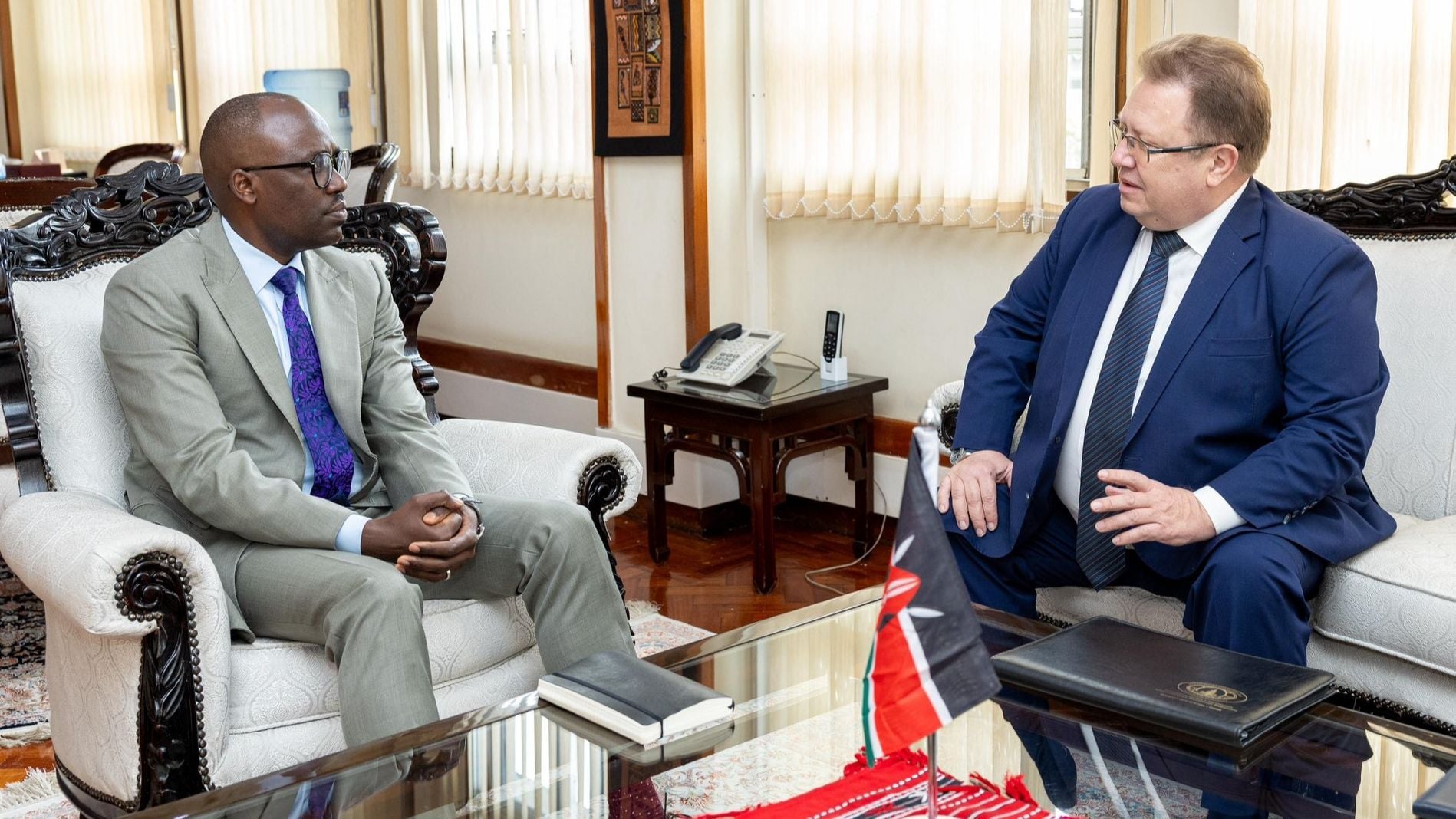In our segment of #KenyaWomenSeries, we feature, Dr. Faith Odwaro. A Kenyan surgeon who is passionate about social change. She is on a journey to promote, educate and advocate for equity in accessing timely and safe surgery for all. Dr. Faith is a member of the Paul Farmer Program for Global Surgery and Social Change fellow at Harvard Medical School.
Dr. Faith Odwaro is married to Eddy Nicholas Ombudo Orinda and together, they have a seven-year-old son- Eddy Junior, fondly referred to as prince. Faith has two adorable siblings, Dennis Hosea Odwaro and Wema Amanda, and describes her mother, Mrs. Nancy Adisa Odwaro, as the epitome of generosity and strength. “I am where I am because my family brings out the best of me,” she says.
Dr. Faith Odwaro is a 2009 graduate from Odessa National Medical University, Ukraine. “On graduating I proceeded for a one-year internship in Kenya and worked as a medical officer at Mbagathi Hospital before moving back to Odessa for general Surgery training at the Department of General Surgery & Military Medicine, Odessa National Medical University. I then returned to Kenya and worked for two years as a senior resident in surgery at Mbagathi Hospital. Currently, I am working in Odessa Ukraine, at the department of proctology of the City Hospital No. 10.
Growing up, I envisioned myself wearing a doctor's coat, a stethoscope hanging on my neck, and a patients' file in my hands. When I was 15 years, my father was diagnosed with Leukemia. Taking care of my ailing father in Kenya and Canada motivated me to join in the fight against cancer and being a doctor seemed like the best way to impact health service provision.
Unfortunately, my father died, but the desire to do medicine only got stronger. My high school education system could not allow me to join the regular medical school in Kenya. The parallel program was very expensive. Therefore, I explored other options and ended up in Ukraine. It was affordable and Ukraine is now our second home.
Read More
My zeal to become a surgeon was inspired by Dr. Nicholas Tinega, a senior surgeon whom I worked with. He challenged me to go for surgery, and I did. Now in retrospect, I do not think I would have enjoyed any other specialty in medicine.
1. What are some of your biggest accomplishments/ proud moments and the events that have shaped your career journey?
My accomplishments are, in one way or another, attributed to The Mazira Foundation which I am the founder. The Mazira Foundation is a not-for-profit organization in Vihiga Kenya, that was started to honour my late father, Rev. Hosea Mazira Odwaro. My mother was widowed at a young age. I watched her struggle with grief, role change, financial pressure, and compounding stress. Her health was affected. This influenced me to develop an interest in working with widows.
Health is a complex problem that requires multifaceted solutions. We work with widows to positively influence their health and that of their communities. We have done this through the medical programs (Medical Outreaches, Health Education & the Health Center) and the widows ministry (Grief Recovery Program, Adopt a Widow’s Health & Life Skills Training Centre).
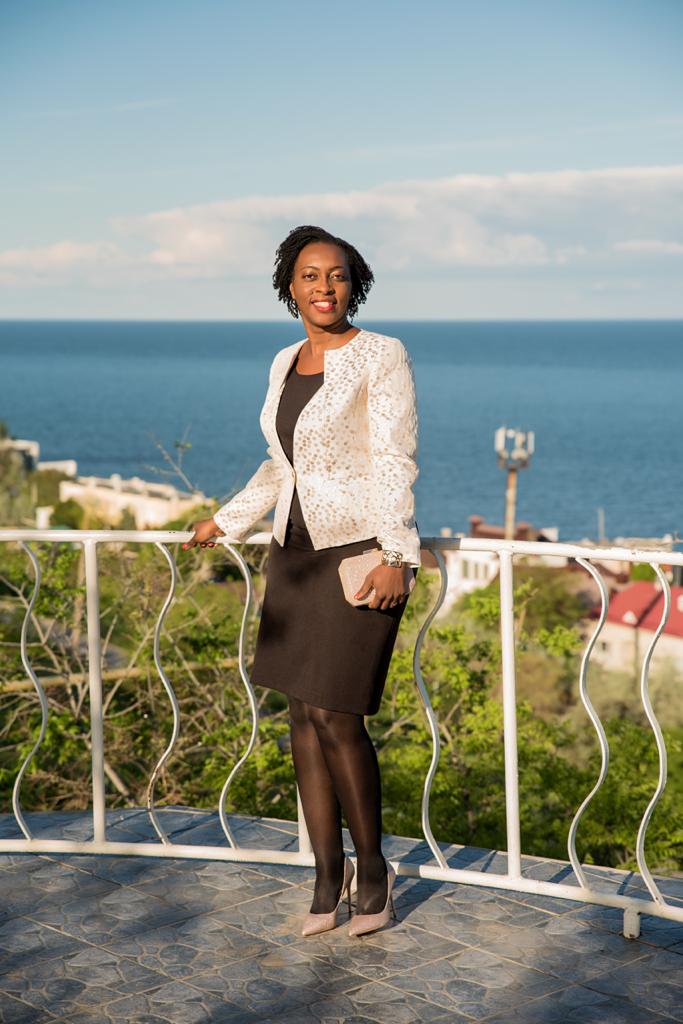
File Image of Dr. Faith Odwaro
In the African setting, more often than not, a widow is perceived as having played a role in the death of her husband. Grief Recovery Program helps the widows to heal from their loss and harsh treatment as well as transition them into their new roles. The Mazira Foundation focuses on widows who are vulnerable and underserved because they are more likely to be affected the most.
Some of the achievements I celebrate include:
- Establishing The Mazira Foundation while in my second year of medical school and developing it into a full institution. The foundation seeks to give hope to the underprivileged in our society by providing them with preventative medical care.
- Developing a guide on how to conduct effective medical/surgical outreaches. So far, I have organized more than ten (10) medical outreaches, reaching over 12,000 patients.
- Raising over USD 200,000 towards the foundation’s activities and about USD 470,000 towards the construction of a multi-purpose widows centre that will positively impact the lives of widows in Vihiga and beyond. Our model is to have commercial activities that will ensure the sustainability of our programs.
- Currently, I am fundraising for the “Adopt a widow’s health” initiative, whose objective is to provide health insurance to the 300 Solid Rock widows.
- I am also in the process of building and equipping The Mazira Memorial Hospital- Vihiga.
- I have been featured in the award-winning book Passion and Purpose: Black Female Surgeons.
- Joining the prestigious Paul Farmer Program for Global Surgery and Social Change at the Harvard Medical School.
2. a). Having studied in Ukraine and then returned to practice Medicine and Surgery in Kenya, talk to us about your experience in attaining an international education and why you chose to practice in your home country.
Having studied in a country where family medicine is at the core of primary care, and where everyone has access to the highest level of specialist healthcare, the health disparities in Kenya were glaring. I immediately realized my burning.
Our health system is structured to deal with cases that come to the health facilities, which is sadly a small percentage. Doctors are constantly treating preventable complications, and the referral system hinders timely surgical care. My passion is to change this narrative. That is why I choose to practice in Kenya.
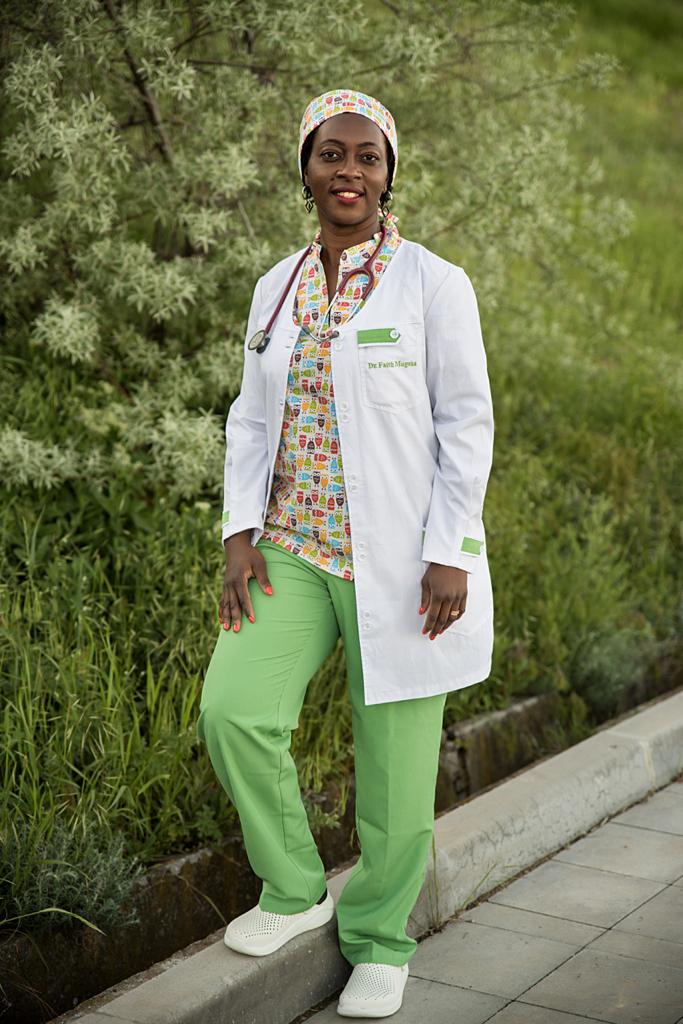
File Image of Dr. Faith Odwaro
b). Based on your experience, would you encourage those who go to study abroad to practice locally after their studies?
Everyone has their calling and purpose in life. Find your path, but wherever that leads, I encourage everyone to leave their footprint by giving back to our motherland. Never disconnect with the land that has your buried placenta - your roots. It is the least that we can do.
3. You were recently featured in a book; Passion and Purpose: Black Female Surgeons where you share your story. What was your inspiration in sharing your story? What message do you hope young girls who get a chance to read the book derive from it?
Unlike many girls who grow up in settlements and rural set-ups, I was privileged to know and interact with doctors. My parents were away in Canada for my father's treatment, and they left me with the family of Dr. Philip and Mrs. Eunice Chek, who offered me an opportunity to dream. This book provides young girls with that and much more. This is exactly what inspired me to share my story of resilience and determination.
I pray and hope that every young girl knows that they are enough. And when they face subtle discrimination by the mere fact that they are women; when society tells them that they can't strike a balance as women in surgery; when the world reminds them about their inefficiencies.… I hope and pray that our stories will affirm that they belong at the big table and that their dreams to become surgeons are valid, even as women.
4. You speak passionately about the role of mentorship in one’s career journey. What has your experience been and what tips would you give to mentors and mentees to enable them to maximize their relationship?
My mentorship journey has been a fantastic experience. It is hands-on, and I enjoy watching the transformation, being there for each other, and celebrating the achievements. As a mentor, I cannot describe the satisfaction of being a part of my mentee's success, one can only experience it. I like the youthfulness that they rub on me. It is delightful! Mentorship is more effective when the benefits are mutual—otherwise, it's easy for the mentor to burnout. I am an alumnus and a mentor at the Emerging Leaders Foundation. In pursuit of Social Change, I am currently training with master practitioners in Social Innovation Management at Amani Institute.
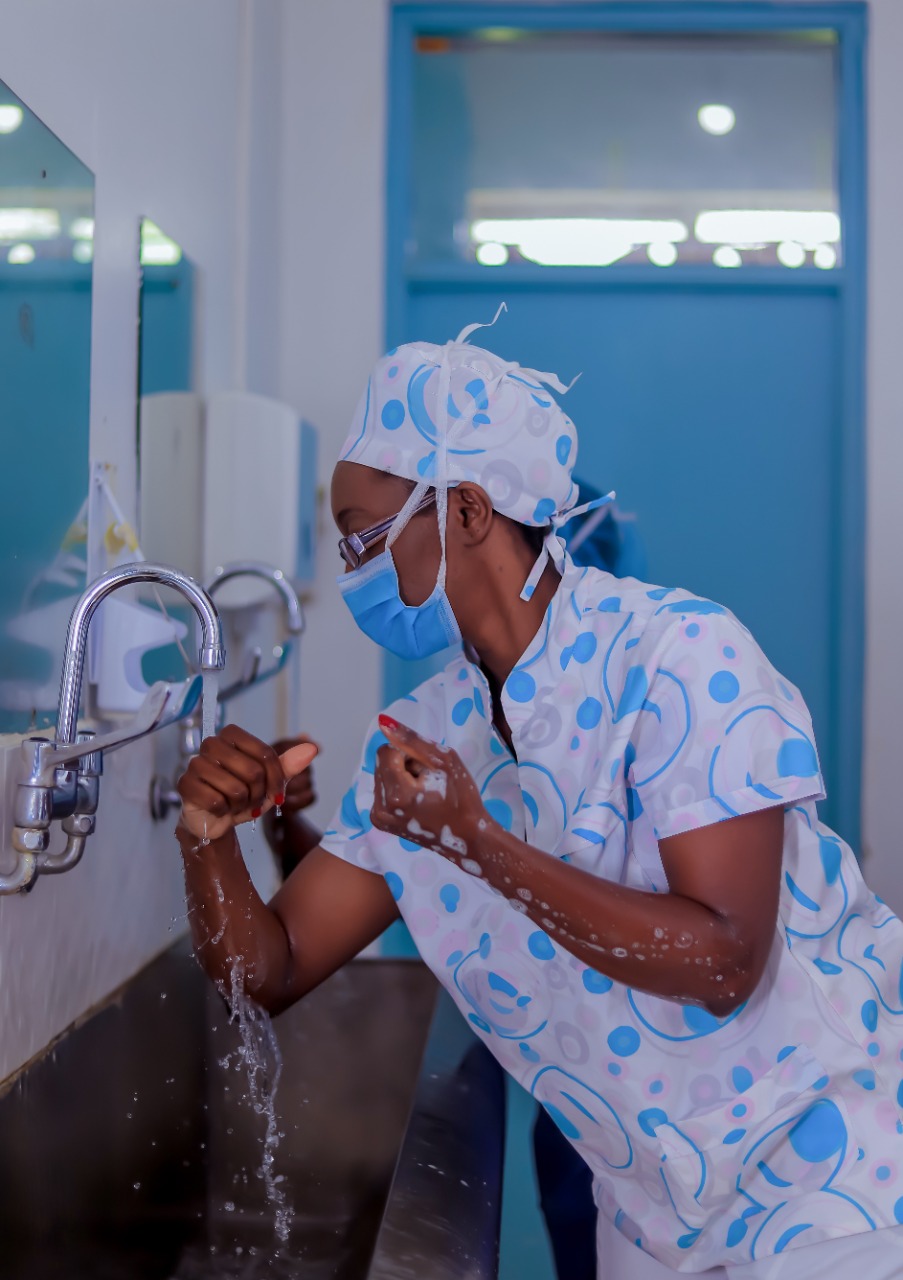
File Image of Dr. Faith Odwaro
5. If you were to choose the two most important values that shape the way you live and work what would they be and why?
Empathy. It is not possible to influence social change without taking time to understand and share the feelings of the people affected by the issues I am addressing. It calls for selflessness.
A teachable attitude- Change starts with me. I have to be the change that I want to see. I have to be intentional to make a difference, to influence and make an impact. I have to be genuine about wanting to change a narrative and say it ‘starts with me’ or ‘it ends with me.
6. How do you describe yourself and how do others describe you?
I am the style and charm of women in surgery! I am passionate about health, leadership, and women empowerment. Challenges push me to think big when setting goals. My enterprising spirit, ambition, and compassion get things done with pleasant rewards.
People describe me as talkative and outgoing. Others think am prudent, overly direct, and bold enough to stand alone. Those who closely work with me will tell you that I am intrigued by honesty, passion, creativity and logic. But overall, am cautious and strict.
7. Any life lessons? What do you know now that you wish you knew while in your twenties?
Be willing to learn new ways. Be courageous to unlearn practices that hold you back from achieving your objective. If it doesn't work your way, try the other way!'
Be adventurous. Try out new things, visit new places and experience life while following your dreams. Please don't be too rigid because, after all, it is the people that we meet along this journey of life that make it worth the living!
Any parting shot?
An unspectacular preparation precedes spectacular achievement - take failures as lessons and inefficiencies as opportunities to learn.
By Patience Nyange and Esther Kiragu

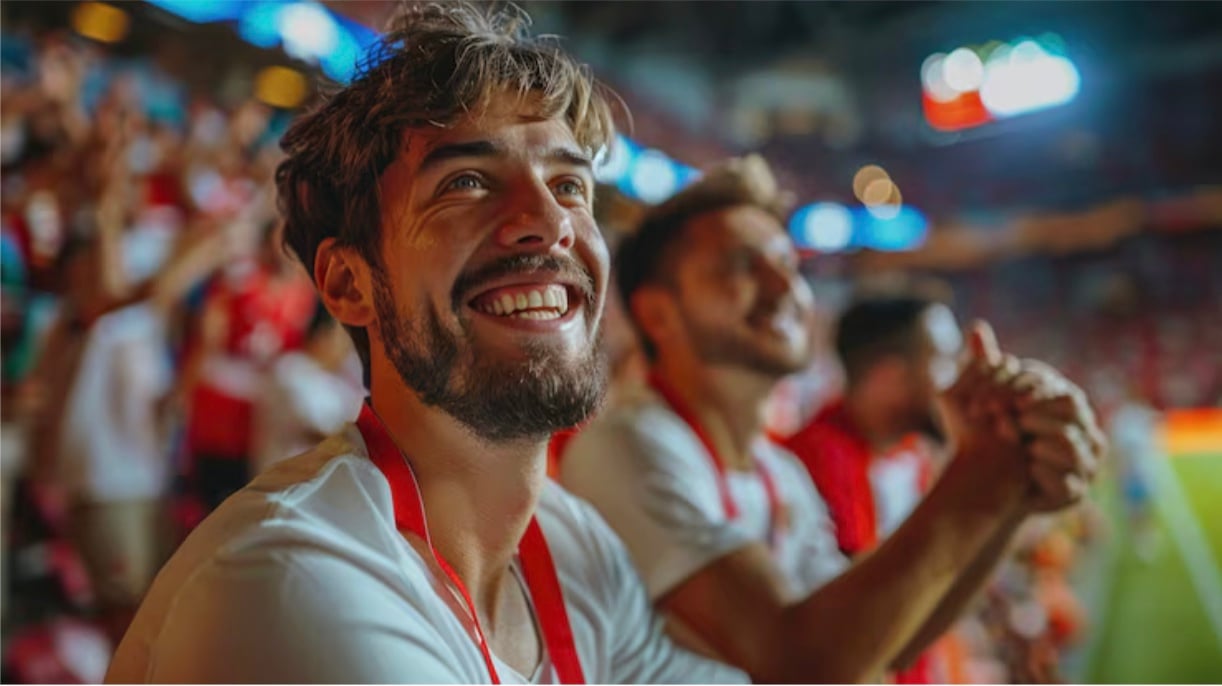
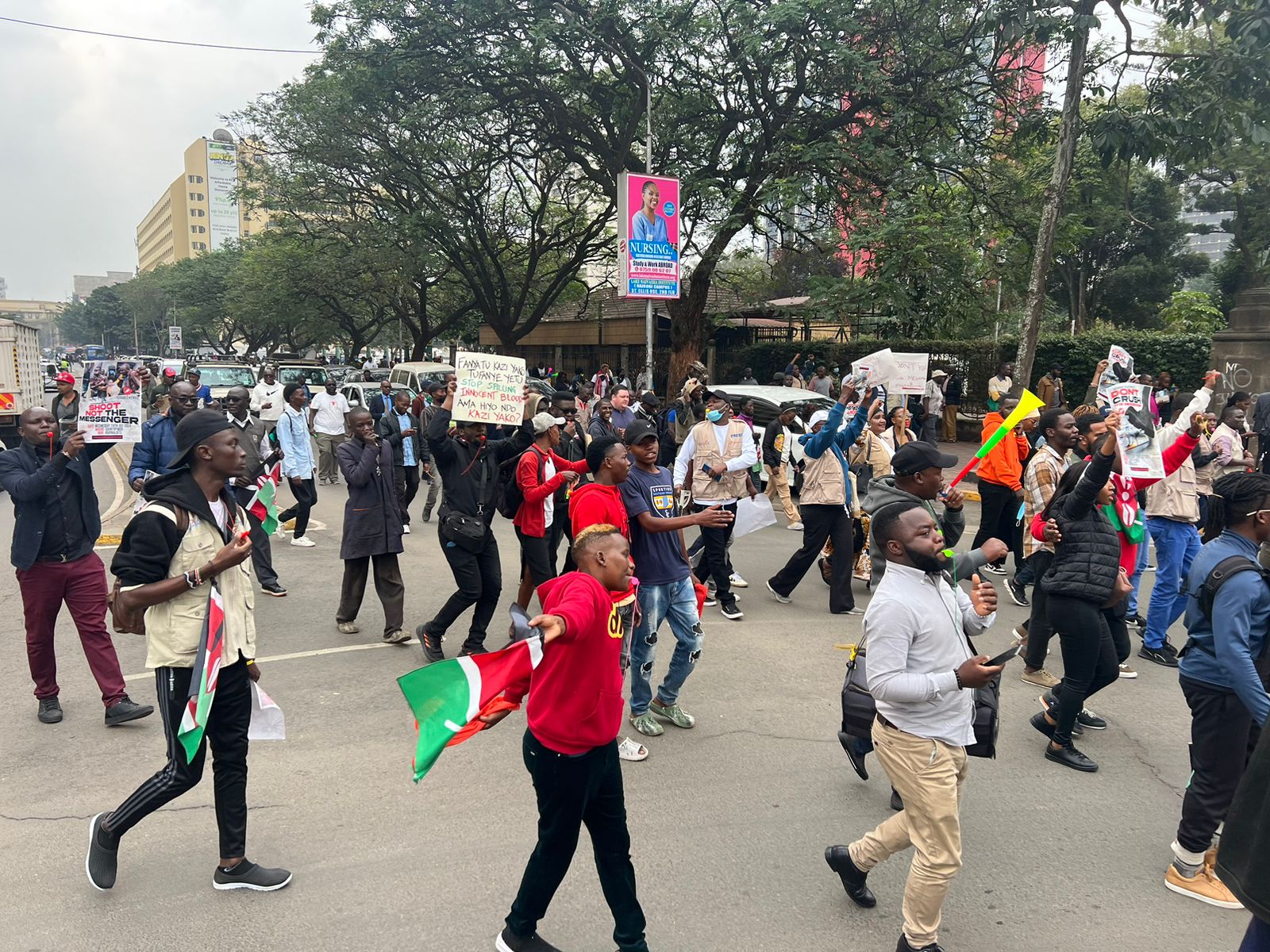
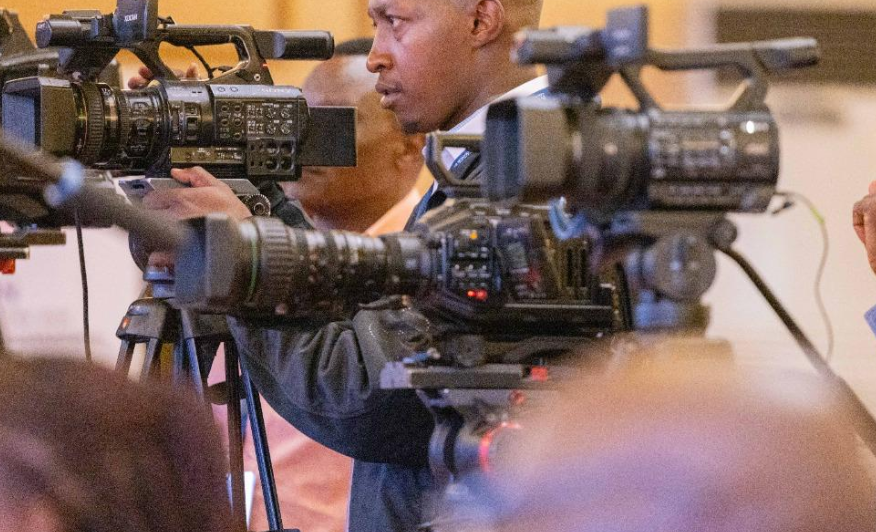
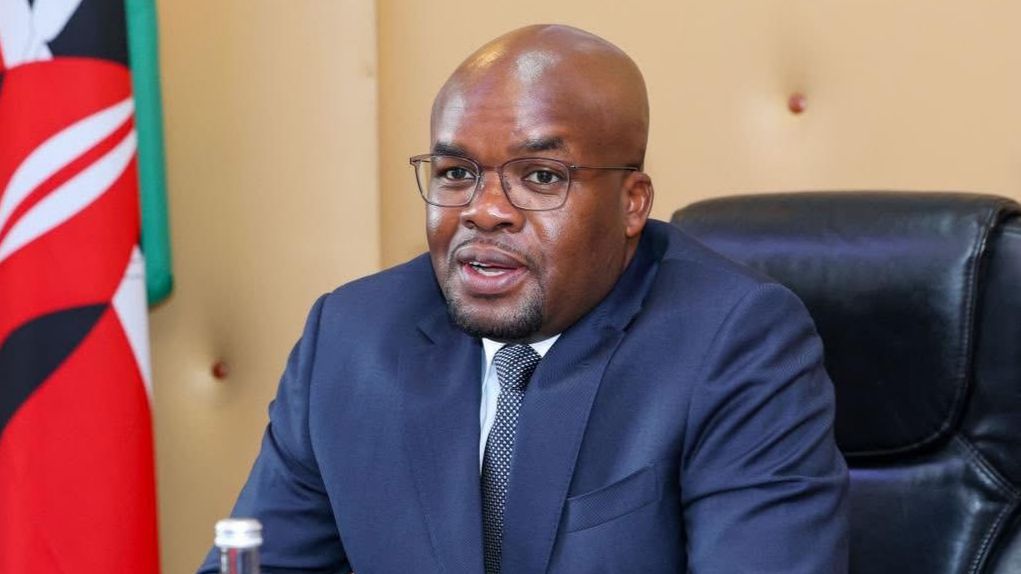
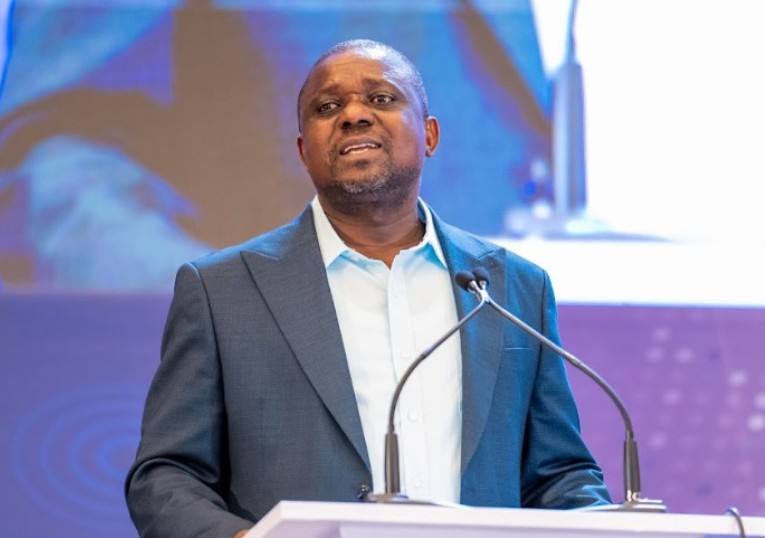
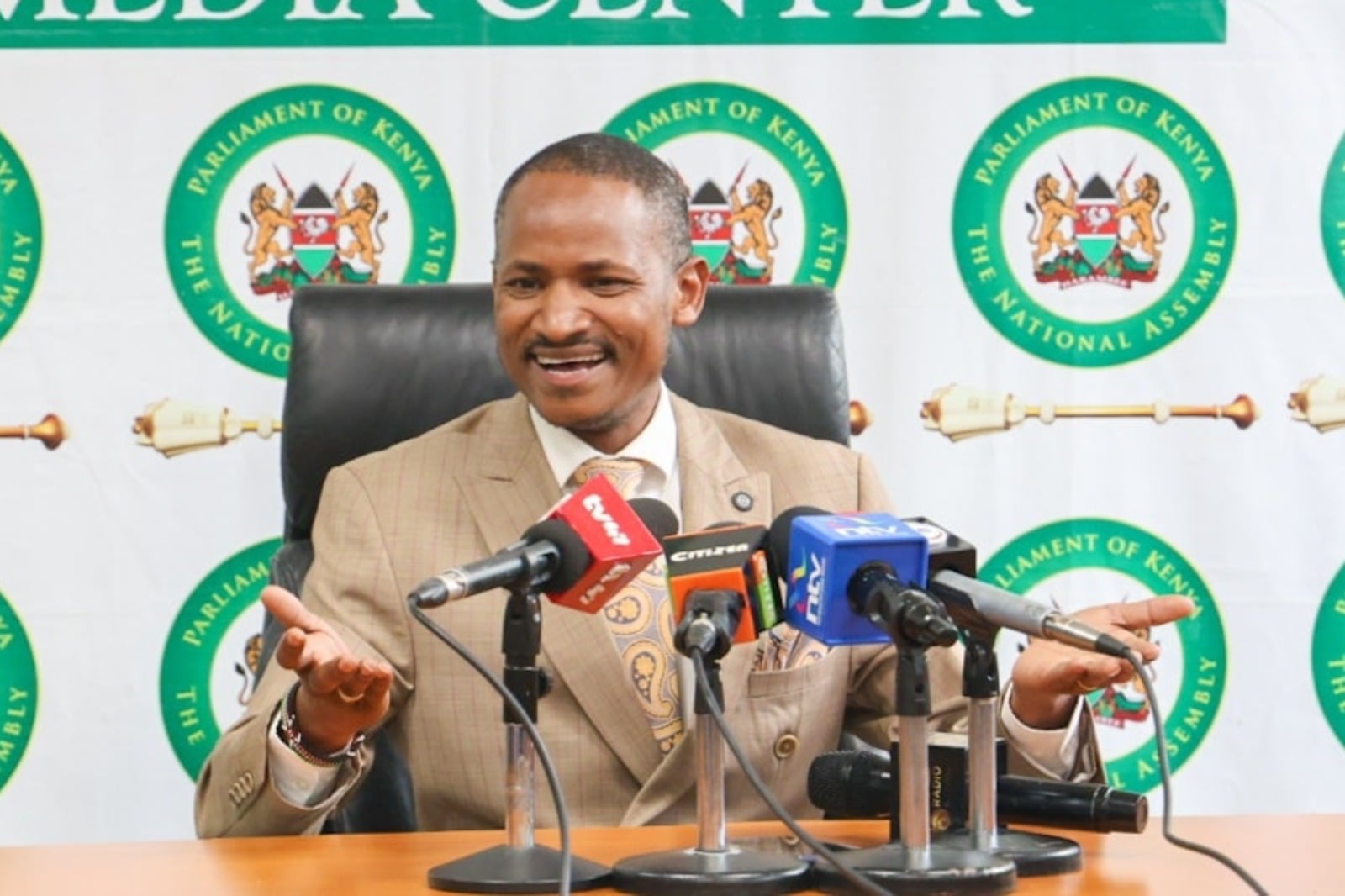
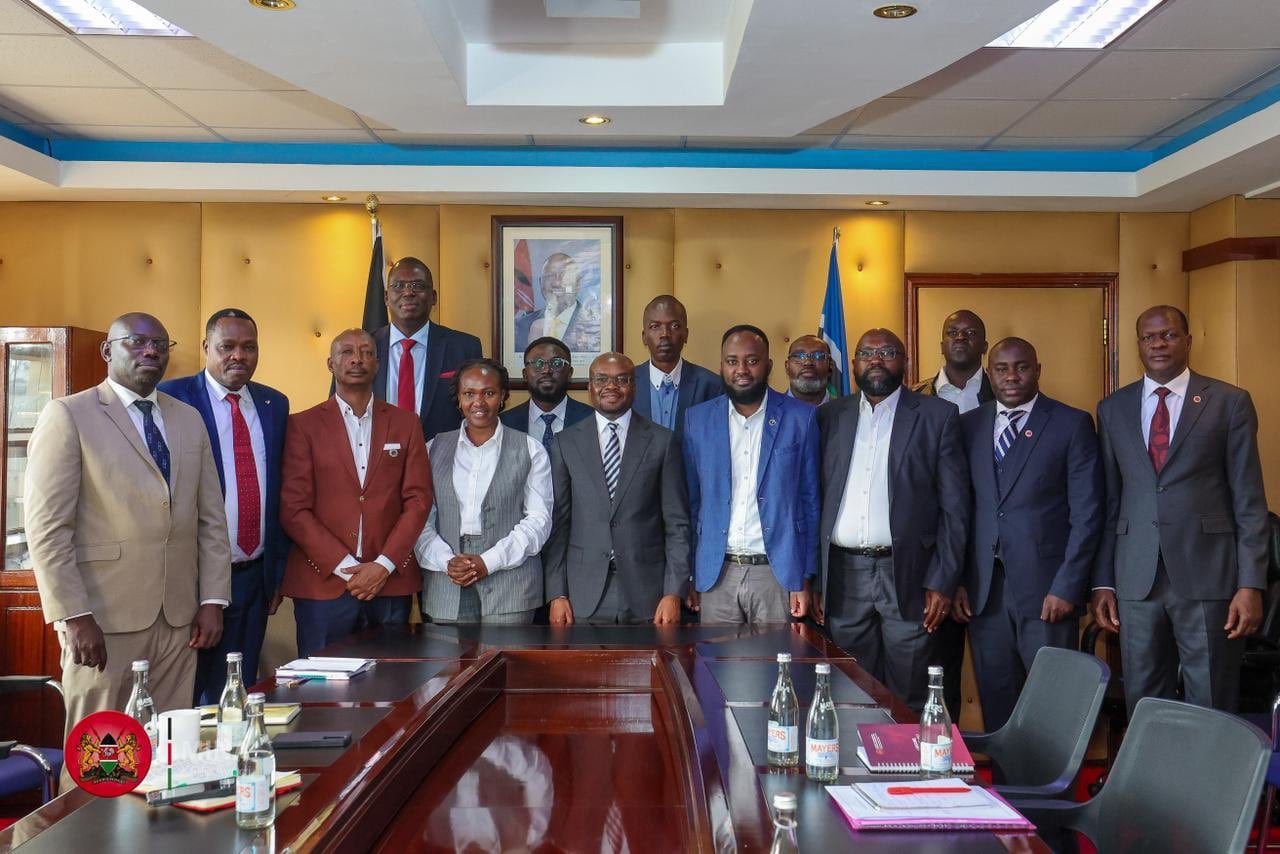
-1771562228.jpg)

